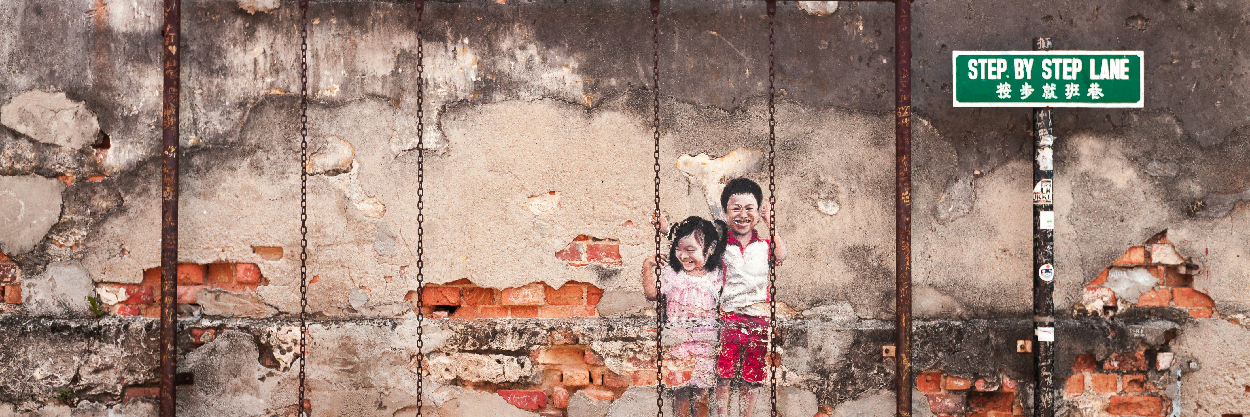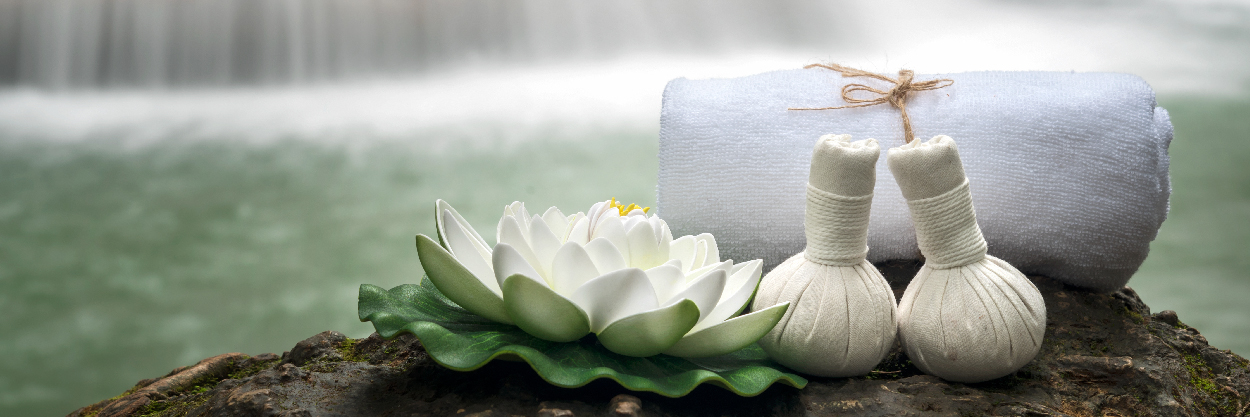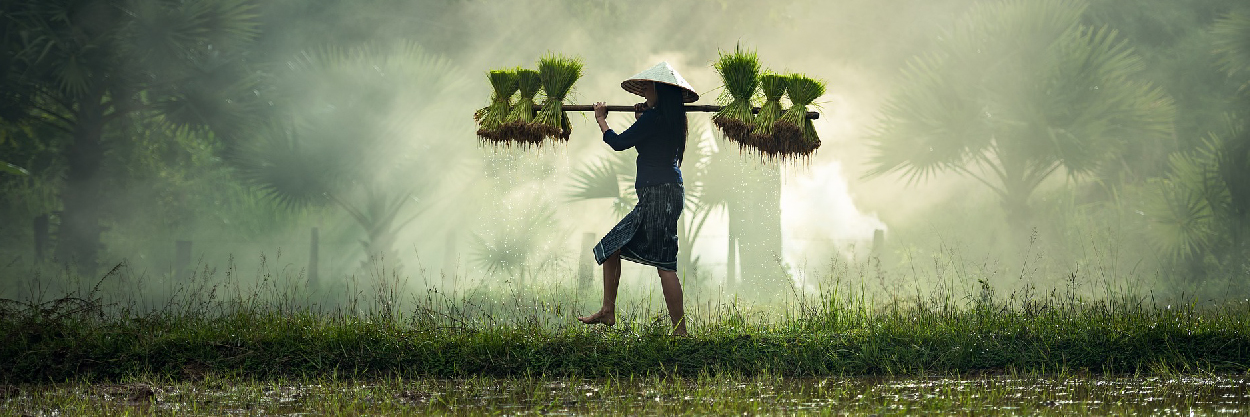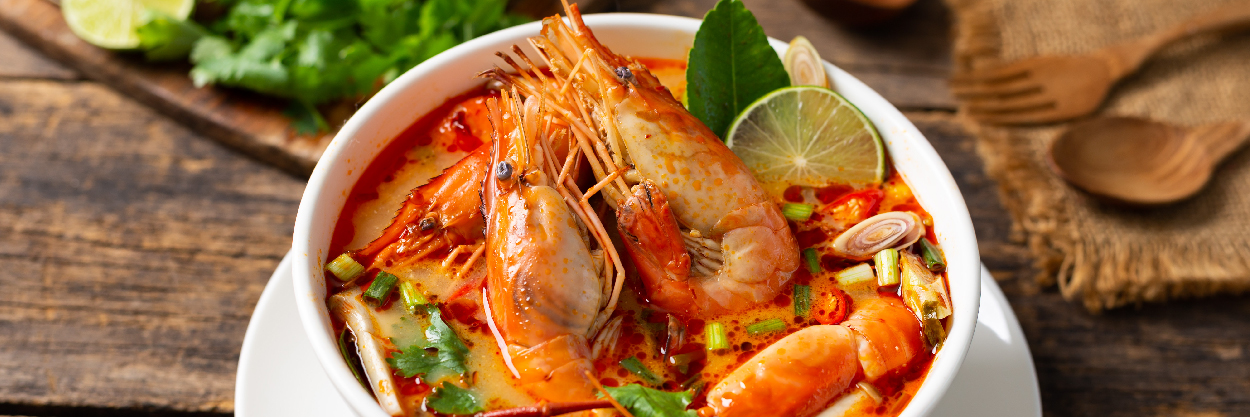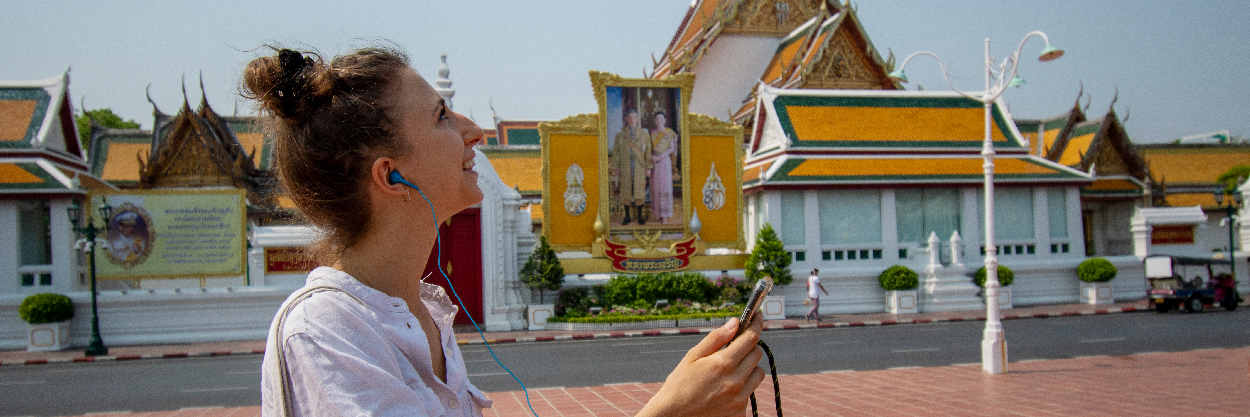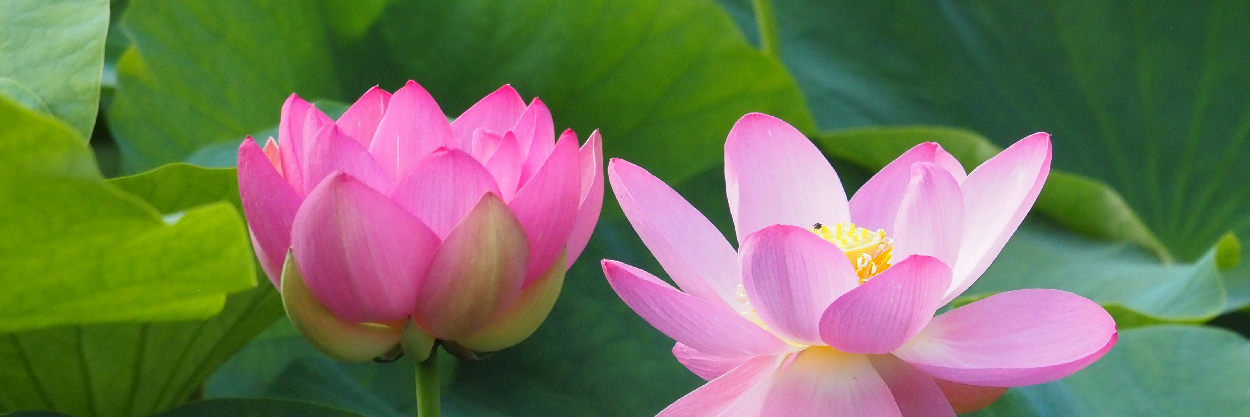China
Fast Facts
Visa-free |
Between now and until 31 December 2025, citizens of several countries can stay in China for up to 30 days without a visa if travelling for the purpose of tourism, business, exchange or visiting friends and family. Eligible countries include: Andorra, Australia, Austria, Belgium, Brunei, Bulgaria, Croatia, Cyprus, Denmark, Estonia, Finland, France, Germany, Greece, Hungary, Iceland, Ireland, Italy, Japan, Latvia, Liechtenstein, Luxembourg, Malaysia, Malta, Monaco, Montenegro, the Netherlands, New Zealand, North Macedonia, Norway, Poland, Portugal, Romania, Slovakia, Slovenia, South Korea, Spain and Switzerland. Citizens of Brunei are also granted visa-free entry for up to 15 days while citizens of Singapore are granted 30 days visa-free entry. For the most up-to-date information about visa eligibility and requirements visit the China Visa Application Service |
Transit without visa (TWOV) |
Nationals of 54 countries can transit via China without a visa for up to ten days. This is a great option for travellers who would like to experience a short stop-over in China and explore various areas of the country.
Travellers can apply for a transit without visa (TWOV) on arrival. The permit covers stays of 24, 72, 144 or 240 hours, equivalent to 1, 3, 6 or 10 days. Travellers must hold a valid passport from an eligible country and show proof of onward travel to a third country. To be eligible for TWOV, travellers must enter and exit via one of 37 designated ports and may only travel within the following regions: Beijing, Tianjin, Hebei, Shanghai, Jiangsu, Zhejiang, Guangdong, Shandong, Liaoning, Chengdu, Kunming, Xi’an, Chongqing, Xiamen, Wuhan, Lijiang, Dali, Xishuangbanna and Zhengzhou. Nationals of the following countries are eligible to apply for TWOV: Albania, Argentina, Australia, Austria, Belarus, Belgium, Bosnia and Herzegovina, Brazil, Brunei, Bulgaria, Canada, Chile, Croatia, Cyprus, Czech Republic, Denmark, Estonia, Finland, France, Germany, Greece, Hungary, Iceland, Ireland, Italy, Japan, Latvia, Lithuania, Luxembourg, Macedonia, Malta, Mexico, Monaco, Montenegro, Netherlands, New Zealand, Norway, Poland, Portugal, Qatar, Romania, Russia, Serbia, Singapore, Slovakia, Slovenia, South Korea, Spain, Sweden, Switzerland, Ukraine, United Arab Emirates, United Kingdom and United States. |
Hainan province visa-free for 30 days |
A 30-day visa-free option is available for visitors travelling to Hainan province for the purposes of exhibitions, sporting events, tourism, business, medical and visiting family. This policy allows travellers to explore the entire province if arriving directly from Hong Kong or any other location outside mainland China.
Eligible travellers must be a citizen of one of the following counties: Albania, Argentina, Australia, Austria, Belarus, Belgium, Bosnia and Herzegovina, Brazil, Brunei, Bulgaria, Canada, Chile, Croatia, Cyprus, Czech Republic, Denmark, Estonia, Finland, France, Germany, Greece, Hungary, Iceland, Indonesia, Ireland, Italy, Japan, Kazakhstan, Latvia, Lithuania, Luxembourg, Macedonia, Malaysia, Malta, Mexico, Monaco, Montenegro, Netherlands, New Zealand, Norway, Philippines, Poland, Portugal, Qatar, Romania, Russia, Serbia, Singapore, Slovakia, Slovenia, South Korea, Spain, Sweden, Switzerland, Thailand, United Arab Emirates, United Kingdom, Ukraine and United States. |
Visa-free for cruise groups |
Cruise passengers arriving at designated cruise ports can visit China for up to 15 days without a visa. To be eligible for this scheme, travellers must be part of a tour group organised or received by a certified Chinese travel agency, such as Asian Trails China. The group must consist of at least two international tourists and enter via one of 13 ports, including Shanghai, Tianjin, Guangzhou and Sanya. |
Tourist visa |
Tourist L visas are valid for one to three months. Single, double and multiple entry visas are available at some consulates and the visa typically permits entry within three months from the date of issue with a maximum stay of 30 days. Visa applications typically take three to five working days to process. Express visas can be processed in three days for an additional fee. Requirements and timings may vary depending on the country of application. |
Documents required to obtain a visa |
|
All the above information may change without prior notice. It remains the traveller’s responsibility to check visa requirements before travelling.
Time zone |
GMT+8 | ||||
Language |
Official language: Mandarin Although the official language is Mandarin, there are many different dialects spoken across the nation. Many people in the major cities and towns speak some level of English and can engage in basic communication with tourists. |
||||
What to pack |
|
||||
Electricity |
The standard voltage in China and Hong Kong is 220V (50Hz).
|
||||
Phone & internet |
A local sim card is easily available at the airport or from a local service provider. An extensive 3G/4G network is in place and covers most urban areas. |
 |
Asian Trails is a proud partner of ChildSafe. Learn more about keeping children safe while travelling with these 7 Tips for Travellers. |
Do |
|
Don’t |
|
Currency |
Official currency of China: Chinese yuan (CNY) The currency is also known as renminbi (RMB) or ‘People’s Money’. In speech, the national currency is referred to as kuai qian, often shortened to kuai, which means ‘pieces of money’. ATMs are widely available in China, but some may not accept foreign cards. Cash can be exchanged at branches of the Bank of China. Some hotels or major department stores can also exchange cash. Hotel exchange desks are open seven days a week, but usually only change money for resident guests. Official currency of Hong Kong: Hong Kong dollar (HKD) ATMs that accept foreign cards are widely available in Hong Kong. Cash can be exchanged at a bank or exchange bureau. |
||||||||
Banking hours |
In China, bank opening hours vary, but usual hours are:
In Hong Kong, usual banking hours are:
|
||||||||
Credit cards |
In China, Alipay and WeChat Pay now allow international travellers to link their Visa, Mastercard, Diners Club, JCB or Discover cards to a digital wallet. These digital wallets are widely used across China for shopping, dining, hotel accommodations and transportation. For more details on how to add a card to a digital wallet, read more
In Hong Kong, credit cards are widely accepted. |
||||||||
Tipping |
While not compulsory, gratuities are always appreciated in China and Hong Kong. Tipping is not part of the local culture, but many in the travel and service industry are accustomed to receiving a small amount for good service. Please consider the following as a guide to common practice, although tipping and the amount to tip is always at the discretion of the individual.
|
Domestic flights |
This is often the fastest and most convenient way to travel across China’s vast expanse, with several national airlines offering direct connections between the major cities. |
Taxis |
Taxis are easy to find in major cities. Always make sure the driver resets the meter, especially if he has been waiting in a queue. Rides can also be booked via DiDi, the primary ride sharing platform in China. |
Trains |
The railway sector is undergoing a major transformation in China: there are 200-kph trains between Shenzhen and Guangzhou; 300-kph tilting trains are already actively used; the world’s highest altitude railway that runs to Lhasa; and the world’s first commercial maglev (magnetic levitation) is in operation between Shanghai and Pudong airport. China also boasts the world’s longest high-speed railway network, spanning over 45,000 km. |
Metro |
Many of the major cities, including Beijing, Shanghai and Hong Kong have public metro systems that connect many of the key landmarks within the destination. |
Bicycles |
An increasingly popular way to explore, bicycles are an eco-friendly way to travel, offering a unique perspective of city life. |
Religion |
China has been a multi-religion country since ancient times. Confucianism is an indigenous religion which became the guiding ideology for feudalism society but it did not develop into a national belief. However, it has made the culture more tolerant to others and enabled other religions to be brought into the country. According to recent surveys, 85 per cent of Chinese people have religious beliefs. The three principal religions in China known as the ‘Three Teachings’ – Buddhism, Confucianism, and Taoism – are inextricably linked and you will often find elements of all three of these religious disciplines in a single temple. |
Food |
China offers a variety of culinary experiences, from opulent restaurants to hawker street stalls. The cuisines of different provinces give insights into the characteristics of each locale.
Cantonese food typically features an abundance of fresh seafood cooked in light sauces and side dishes of rice, meat and vegetable served in clay pots. Dim sum is a Cantonese favourite featuring a huge selection of miniature buns, spring rolls, and dumplings. Northern cuisine is typified by the use of salt, garlic, ginger, and onion and hearty staples of steamed buns, noodles, pancakes and dumplings filled with pork, leek or cabbage. Spicy Sichuan dishes pack a punch through the use of the region’s powerful chillies. Spicy hotpot dishes are some of the best known and tastiest cuisines of Sichuan. Common local dishes:
|
Shopping |
Ranging from bustling traditional markets to glitzy ultra-modern malls, China has an abundance of shopping opportunities that differ widely across this vast country. Most shops, restaurants and transport systems offer the same service seven days a week. Shops are typically open from 8 am to 8 pm.
Beijing is renowned for pearls and silk in the Hongqiao Market. Shanghai’s South Bund Fabric Market is famous for its handmade suits. Chengdu sells some of the best green tea on the planet and when in Xinjiang check out the exquisite jade. Fascinating markets are in abundance across China. Panjiayuan Jiuhuo Shichang in Beijing is a huge outdoor market held on weekends. This market stocks the best selection of all things Chinese including reproduction Ming furniture, traditional clothing worn by many of China’s ethnic minorities and Mao memorabilia. South Bund Fabric Market in Shanghai stocks fine fabrics such as silk, cotton, linen, wool, and cashmere at very competitive prices. Yide Road Wholesale Market in Guangzhou is one of the most colourful markets in a city that is awash with bustling markets. What to buy:
|
Vaccinations |
Proof of yellow fever vaccination is required if you have recently travelled to a country where the disease is present.
There are currently no other vaccine requirements, although it is advisable to be up-to-date with standard inoculations, such as:
Consult your doctor for the most appropriate medical advice. If you require a particular medication, ensure that you pack an adequate supply, as it may not be available locally. |
Drinking water |
Avoid drinking tap water in China and Hong Kong. Bottled mineral water is easy to find at convenience stores around the country. Ice cubes are usually safe if served at a hotel or restaurant, but best avoided at street stalls and in remote parts of the country. |
Safety |
China and Hong Kong are safe countries to visit. However, it is advisable to take some precautions to safeguard your belongings:
|
Insurance |
Travellers are advised to obtain appropriate insurance to cover any accidents or medical emergencies while travelling. In some cases, treatment will not be administered without proof of travel insurance. Ensure that your plan covers motor vehicle accidents if you intend to hire a car or motorbike. Emergency evacuation cover is highly recommended as you may have to fly out of the country for treatment. |
Emergency numbers |
China
Hong Kong
|
This information was valid at the time of publication and it is subject to change at any time. We cannot be held responsible for any external links. You acknowledge, by your use of this site, that you use it at your own risk and that Asian Trails shall not be liable for any damages of any kind related to your use of this site, or the information contained within. We reserve the right to correct any errors, inaccuracies or omissions and to change or update information at any time without prior notice.










